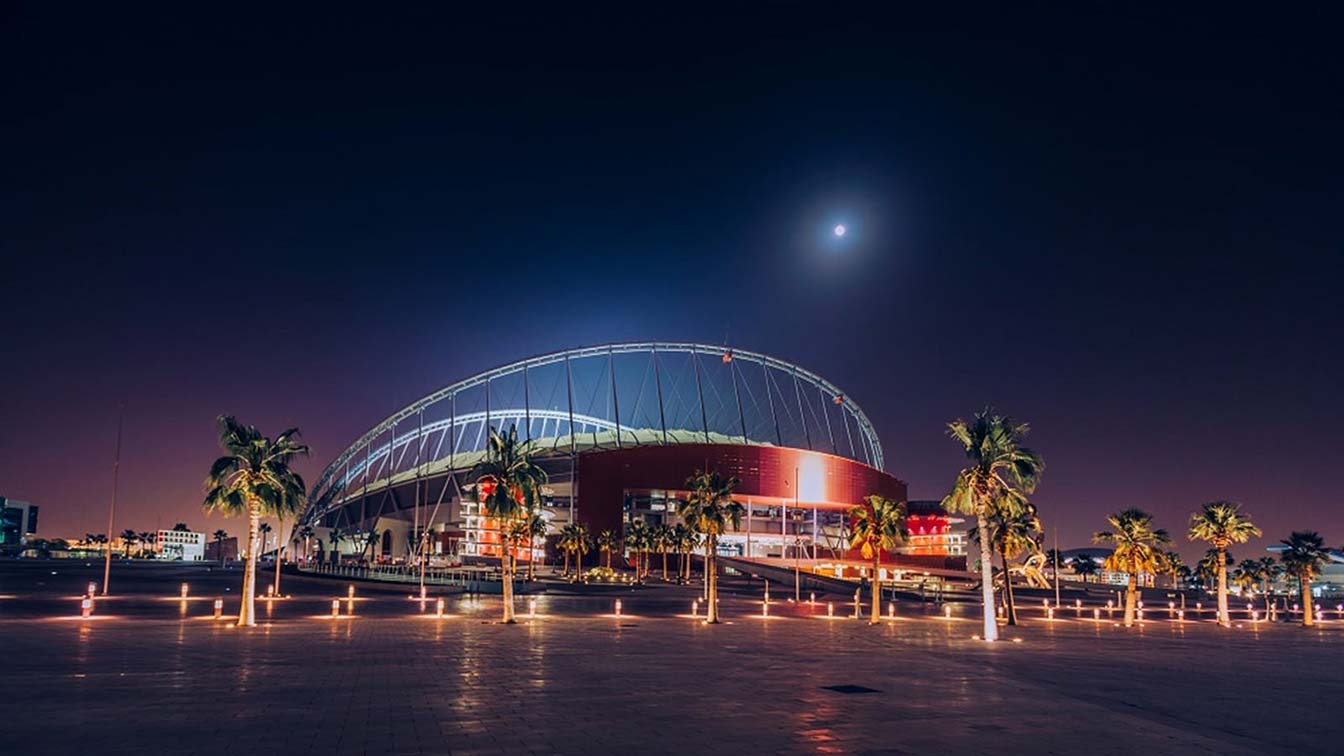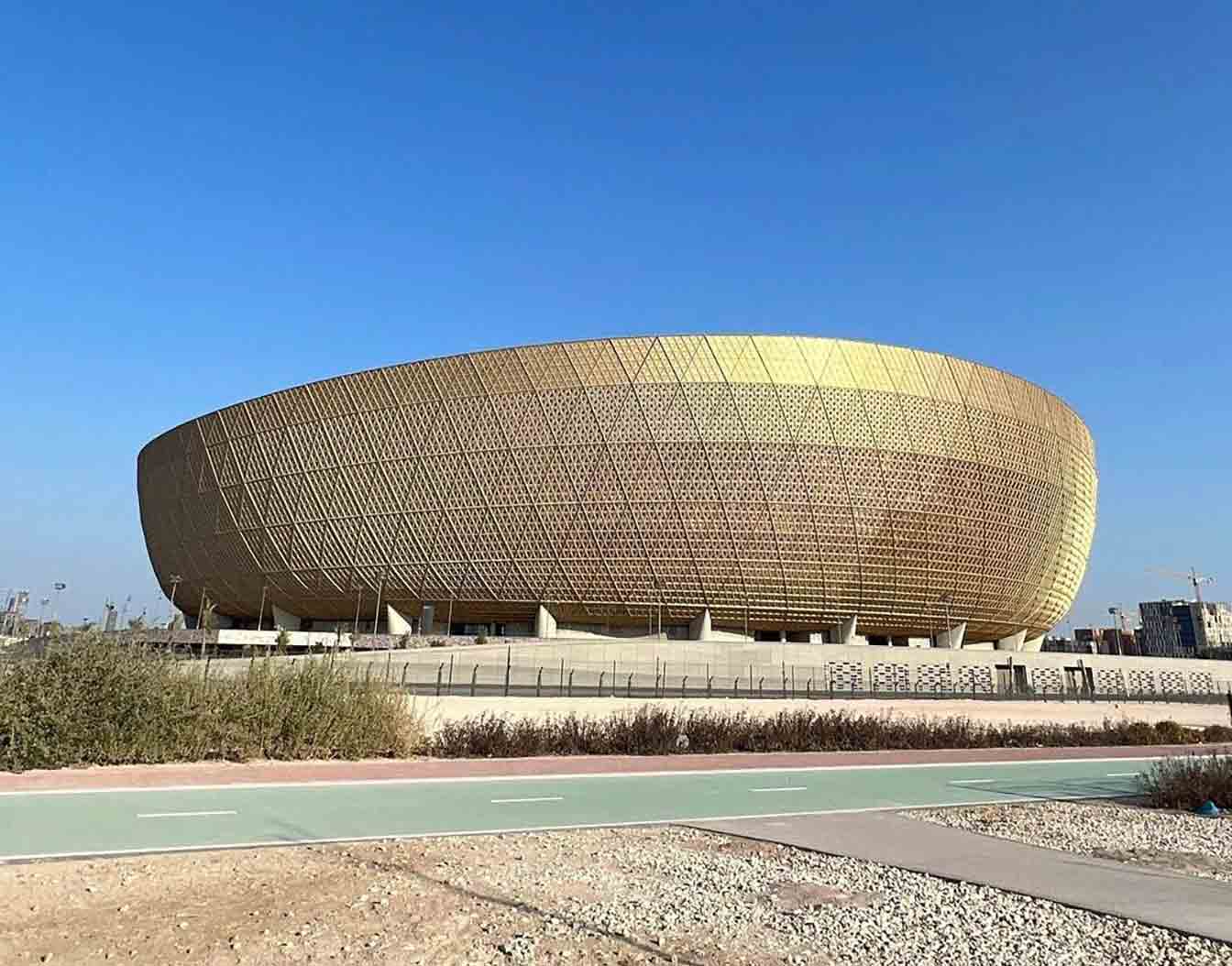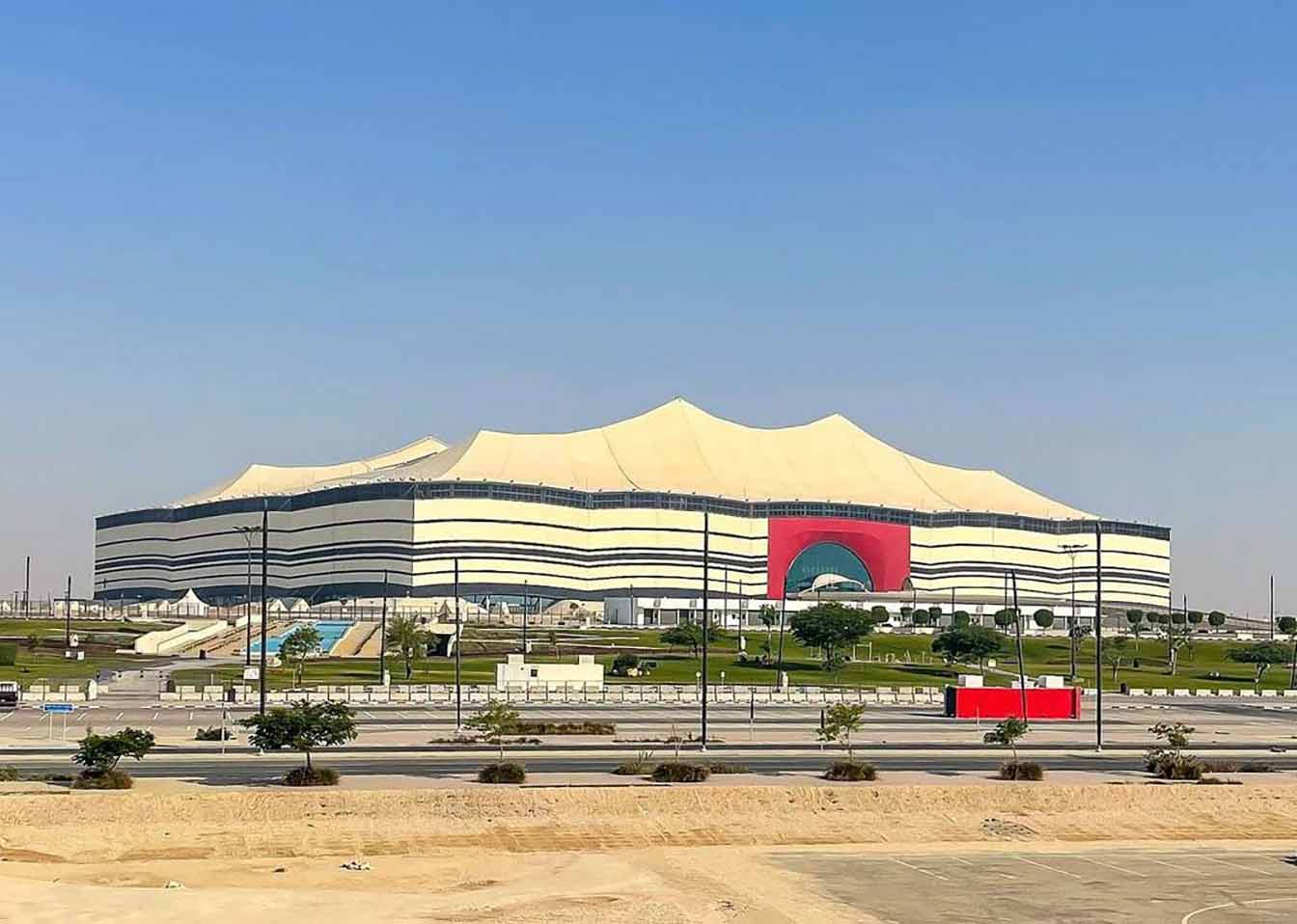2022 World Cup: Qatar's sustainable stadium plan
source: StadiumDB.com; author: StadiumDB.com
 Qatar has been hard at work building eight new stadiums in preparation for the World Cup. While welcome news, it begs the question as to what a country with a small league and little interest in football plans to do with the buildings after the tournament.
Qatar has been hard at work building eight new stadiums in preparation for the World Cup. While welcome news, it begs the question as to what a country with a small league and little interest in football plans to do with the buildings after the tournament.
Advertisement
2022 promises to be an interesting event with Brazil currently being the favourites in FIFA World Cup betting at Bodog with odds of 9/2. Beyond the excitement on the pitch, the 2022 World Cup could be huge for Qatar's image, being the first to be held in an Arab Country. This is an exciting chance to showcase Middle Eastern and Arabic culture to the world. But attention has turned to what might happen afterwards.
 © Supreme Committee for Delivery and Legacy
© Supreme Committee for Delivery and Legacy
The new stadiums, which will have the capacity to hold tens of thousands of spectators, will be used for a myriad of purposes: some of the venues will still be used for the purpose of sport for local universities and schools, while others will be redeveloped into education centres and schools, meaning Qatar's population will benefit from the investment. In fact, despite all of the criticism Qatar's successful bid for the biggest sporting event in the world has received, they have devised sustainability like none seen before.
Some countries develop infrastructure for major tournaments with little thought and the somewhat far-fetched idea that a tournament in the nation could increase the popularity of the sport to the point stadiums are filled week in, and week out.
In South Africa, stadiums that were built for the World Cup have thousands of empty seats every single week, even if one of the top clubs has acquired the rights to play at the stadium. Even in huge footballing countries like the United Kingdom, massive stadiums remain disused following tournaments as shown by Manchester's Commonwealth games stadium which lay empty until the following year when Manchester City opted to acquire rights to play their home games there. But Qatar has clearly accepted that they are a small nation (and an especially small footballing nation) and do not expect a remarkable upturn in the quality and popularity of football in the country.
Without future planning, stadiums would be set to lay disused or unfilled following the tournament, but Qatar has been realistic and strategic in their planning and so are sure to avoid the poor investment decisions that past maiden World Cup hosts have made.
In fact, Qatar's plan to develop state-of-the-art football stadiums for a major event while investing in their younger generation's education at the same time is an impressive outcome and should be considered one of the bigger wins in this year's World Cup.
Advertisement

 StadiumDB
StadiumDB ©
©  ©
©